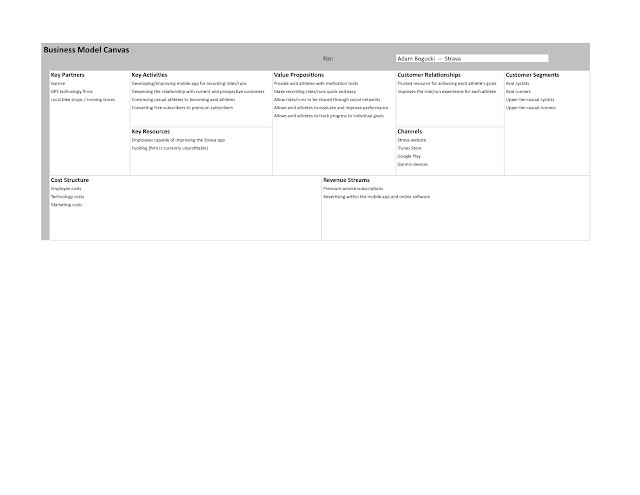Pintrest is a tool for collecting
and organizing things that inspire people. Users can pin photos and videos to customized pinboards that
can be viewed by other Pintrest users and shared via other social media platforms. The firm, established in 2010, is
estimated to have nearly 50 million users
and was recently
valued at $2.5 billion.
Humans are social
and passionate creatures, and Pintrest is one of the few firms that operates
squarely in these two spaces. This
is a unique advantage and their main differentiator over other social media
platforms. In addition, the typical Pintrest user, a college-educated female living in a household with an
above average income, is
a highly sought after customer segment.
The challenge the
firm currently faces, and what will ultimately determine its future success or
failure, is establishing revenue streams that will not “commodify its users passions"
and alienate its loyal user base. One of Pintrest’s key partners, venture capital firms,
has financed the firm’s phenomenal growth thus far and will no doubt be looking
for a return on their investment in the near future. Pintrest has recently made efforts to forge closer ties to
companies and build a base for the introduction of money-making features. Pintrest Web Analytics
allows business to track how many people are pinning from their website, seeing
their pins, and clicking their content.
Whether these are the first steps in developing a successful business
model or the first missteps in killing
a promising start-up, will be decided by the social and passionate users
of Pintrest.

